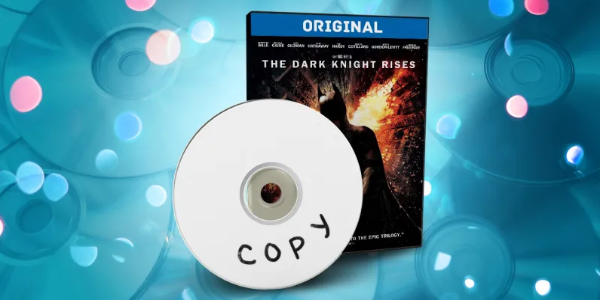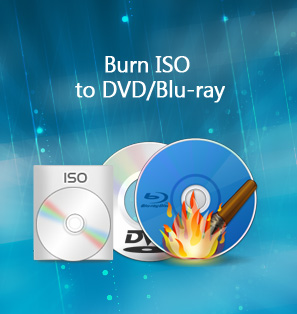
Safeguard DVD Copy Legally
One of the controversial topics is a legal DVD copy. Most people wonder whether it is against the law to copy DVDs. Is it illegal even to take backup for private use?
When it comes to DVD copying, it is completely illegal. Certain parts of the law are now clear regarding DVD copying. It is left to the public. It is illegal to copy a DVD. Whenever the content harass system or CSS that is an encoded code to safeguard the DVD is copied, it can be easily read.
A quick guide to licensing and copyrights
There are certain disc making companies dedicated to safeguarding your intellectual property like the presentations, software, film, music and several other copyrighted materials. It is the reason the companies take part in the CDSA (Content Delivery and Storage Association) Anti-Piracy Compliance Program that safeguards copyright proprietors from unauthorized reproduction of property. They actively assist to safeguard the property rights of the owners and third party items that are used on the project.
It is well known that the process of obtaining licensing and copyrights would be confusing. We have explained the process step by step so as to help you to learn the procedure. To know more about DVD formats click here.
Copyrights:
Safeguards your material by rerecording all your original work like software, artwork, scripts, films, songs, etc. with the copyright office in the United States. The user can obtain rights for their creation and when they register from the copyright office, it proves and protects their ownership.
Songwriters would also show interest to patent and affiliate songs by executing rights society such as SESAC, BMI or ASCAP to obtain performance payments for copyrighted songs.

Using other third party things and samples
If your project has materials belonging to the third party, it is not possible for the company to start replication until you transfer proper licensing copy.
If the project contains any kind of sampling, it is necessary to buy Master Use Licensing which should include evidence of purchase along with the project. Licensing is necessary for sampling a part of another work of the artists, irrespective of the size, from movies, TV shows, video, and music clips, or commercial sound bites of any kind.
The owner would generally ask for information regarding the total number of discs which you are thinking to produce and destinations where you want to distribute. They will mostly charge a fee.
If you are not the owner of the contents present on the master, it is necessary to submit patents or an agreement authorizing to utilize the content.
As a musician, if you have recorded a cover form of another person’s song, it is necessary to get a patent approving to reproduce the composition. You need to get a separate patent for each song along with each format setting like ringtone, digital download, and CD.
If the masters have third-party applications like Windows Media Player, Apple QuickTime, etc. additional patent is necessary. These applications belong to the organization which has developed the software or application.
Patent Licensing Plan
Manufacturers need to get patents for important technologies like Dolby, MPEG for audio. In the same way, to protect the copy they should access the Content Scramble System. The cost of the patent filing would be about 10 percent of the price of hardware. There are a lot of complaints received regarding multiple censors and high royalty. There are chances for these to affect the health development of the DVD market.
Six top companies like Victor Company of Japan Ltd., Toshiba Corp., Time Warner Inc., Mitsubishi Electric Corp., Matsushita Electric Industry Co. Ltd., and Hitachi Ltd. – where they had promised for a joint patent licensing plan in 1997. They have started to license DVD associated patents for DVD decoder, DVD-ROM drives, DVD- Video players and DVD disks.
Other companies that have DVD patents include Sony Corp., Pioneer Electric Corp., and Philips Electronics NV- developed a private licensing program in 1997.
Both groups have planned about joining forces, however, the attempt has resulted in failure in the last year. It was said that both the groups could not meet a level exposing about respective shares of mutual royalty payments.
Sony/Pioneer/Philips group have fixed their royalty rates as 3.5 percent of total hardware cost and 5 cents each disk. However, the six company group is requesting royalty rates for hardware – 4 percent and for per disk – 7.5 cents.




